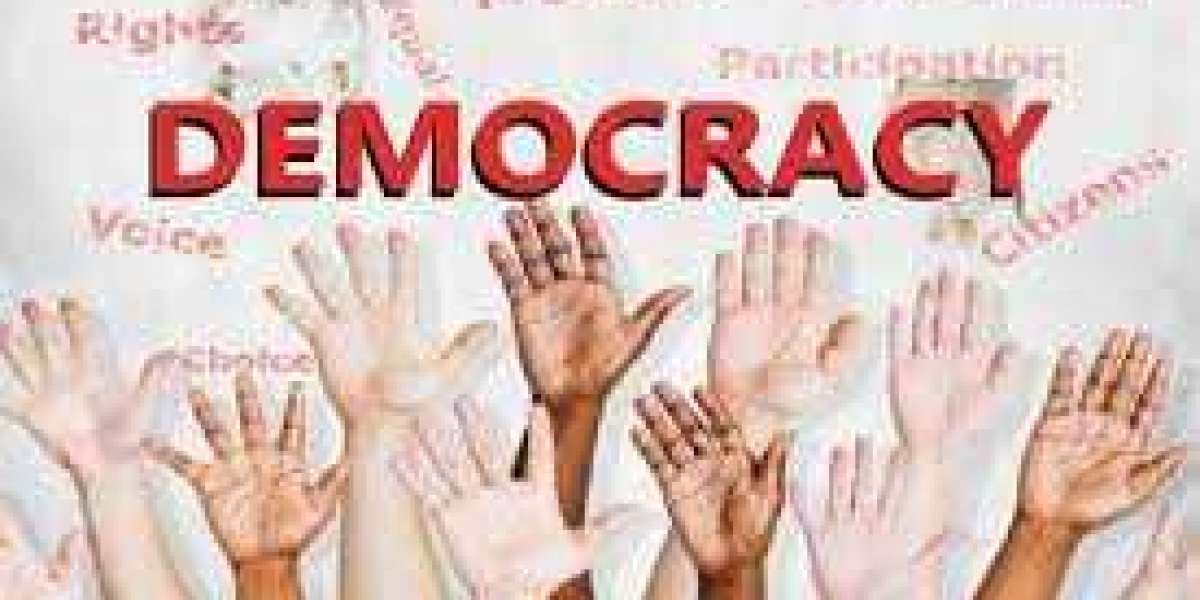We live in a world of collapsing governmental regimes, where people suffer at the hands of their governments and continue to express strong disagreement on various governmental policies. Amongst these are also include countries with a democratic form of government and constitutions which uphold egalitarian ideals. Why are people unhappy in such democracies? And why do many countries accept democracy despite its various drawbacks?
Democracy is a form of government in which the people have the authority to choose their governing legislation. Who people are and how authority is shared among them are core issues for democratic theory, development and constitution. Some cornerstones of these issues are freedom of assembly and speech, inclusiveness and equality, membership, consent, voting, right to life and minority rights. Prima facie, democracy may seem to be completely blissful and without any errors. Yet drawbacks do exist.
DRAWBACKS OF DEMOCRACY
- President Teddy Roosevelt once said this: “A vote is like a rifle; its usefulness depends upon the character of the user.” Democracy is ineffective if the people are not educated enough on government decisions.
- Most of the structure and working in a democracy depends upon the will of the majority. “Majority rule only works if you’re also considering individual rights,” said Larry Flynt. “Because you can’t have five wolves and one sheep voting on what they should all be having for supper.”
- It is a common saying that democracy often commits suicide and washes away. This happens mostly as people start picturing themselves against the government and thus start turning against their government encouraging mob rule.
- It can require individual voters to accept an entire mandate for a single issue.
One might wonder, Why do many countries then accept democracy in spite of its drawbacks
Needless to say, democracy might have various loopholes and failures but it still continues to be the more preferable option of governance than its alternatives like a military regime or monarchy.
- A democratic state allows people to be actively involved in the government. By choosing their representatives it is upon them to choose their own fate. Every ballot thus provides for an opportunity to express one’s opinion
- There exists a system of checks and balances by which no single person is given the supreme power over legislation
- A democracy rejects all forms of discrimination and encourages equality in society. When each person is given a vote with equal importance barriers to equality are immediately removed. Economic, racial and gender biases have no place in such a state, where each vote holds equal weight. “Democracy and socialism have nothing in common but one word: equality,” said Alexis de Tocqueville.
- There have been fewer armed conflicts in the past 50 years, specifically in Europe, as democracy has come through. most nations who focus on a democracy avoid battles instead of chasing after them. This happens as in a democracy there are various legislative bodies and no supreme leader can order the military into a war.
- a single majority party can win an election, but even then democracy allows for people in disagreement to raise voices. Thus interests of each community needs to be protected. Society in inclined towards the centre and not the extreme.







